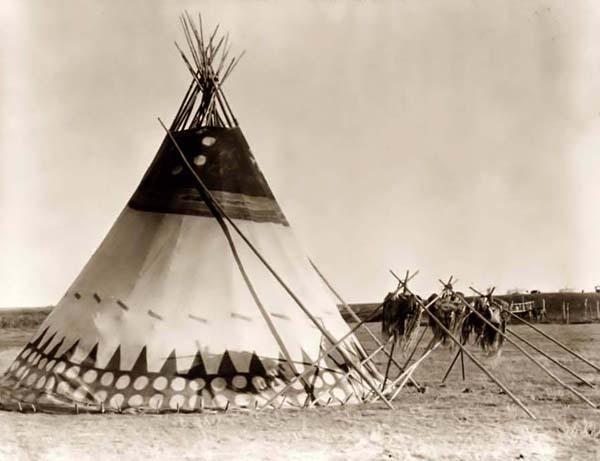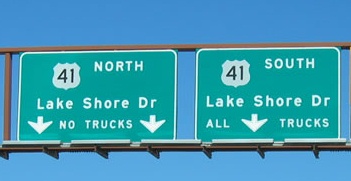By: Chris Warren.
Christmas means different things to different people. For some, like me, it’s a religious holiday celebrating the birth of Jesus. For little kids, it’s a joyful time of toys and presents. For people employed in critical professions, Christmas is another day on the job.
Sadly, for many, Christmas is a very painful reminder of their loneliness and isolation. A battle with addiction. Homelessness. Unemployment. Estrangement from family. Thoughts of suicide.
Christmas is the seriously ill patient, grateful for having made it another year and nervously concerned that it might be their last.
Christmas is the old man sitting alone and forgotten, contemplating the lifetime of bad decisions that brought him to this time and place.
Christmas is the unemployed veteran who gave so much of himself to protect the liberty of others and was rewarded with broken promises.
Christmas is the struggling single mom and her kids who are squeaking by for now but have no idea what life will be like in another month.
Christmas is the oppressed and persecuted all over the world who cannot find even one moment’s peace or the simplest of freedoms.
We are commanded by God to watch over and care for the less fortunate. Non-believers will question and even mock this concept with statements along the lines of “if your god is so powerful and almighty, why does he let people suffer?” God does not want programmed robots working for Him. He gave all of us a free will. Doing good works is our way of showing others our love for Him, but He rigged it so we could decide for ourselves if we were going to answer the call. When the needs of the hungry and the poor and the sick go unaddressed, it’s not because God “let” it happen. It’s because we mortal sinners let it happen.
Yet all is not dreary and bleak. Christ himself taught that there is always hope for those who believe. Christmas exists for the sole purpose of letting everyone know that through Him is the path to a better place, even if that “better place” is not on this physical Earth.
For sure, Christmas is a celebration and there is nothing wrong with partaking in parties and food and gifts, unless the only reason you’re into the holiday is because of parties and food and gifts. When the egg nog wears off and the sales are over and the decorations are put away, what, or who, do you truly care about? Are you hearing the message, or was it just a party?
Christmas is December 25. And January 17. And March 5. And July. 10. And October 8. And so on. You get the idea. God is real. Are you?
Warm Blessings and Merry Christmas from Twenty First Summer.














